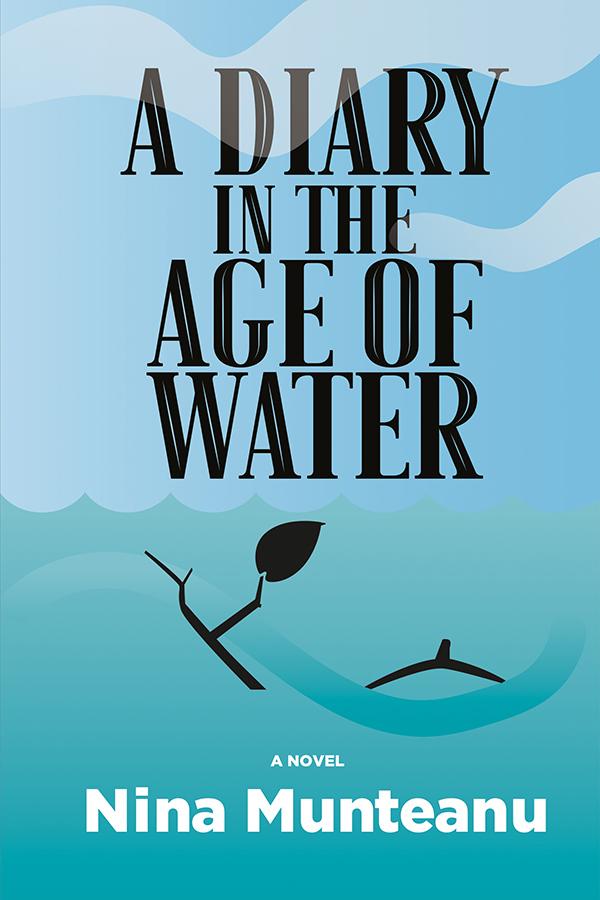This article examines the implications of the discussions surrounding the Justinianic Plague for the discipline of history.
Content Index
Extract from Nina Munteanu’s Water is…—a book on the meaning of water.
This is a commentary on COVID-19 and its relation to human and environmental systems.
By using the term “fluid,” this article critically interrogates western ontologies of “solid” (land) and “liquid” (flowing waters).
This paper examines the historical waterscapes of Bengaluru, now imperilled by development.
This article looks at climate change adaption and flood mitigation.
This article looks at marine conservation and fishing communities in the Gulf of Kachchh Marine National Park, India.
Iovino, Serenella. “Posthumanism in Literature and Ecocriticism.” Relations. Beyond Anthropocentrism 4, no. 1 (2016): 11–20.
Beginning in 1915, Greek authorities implemented measures against the nomadic shepherds of southern Macedonia.


